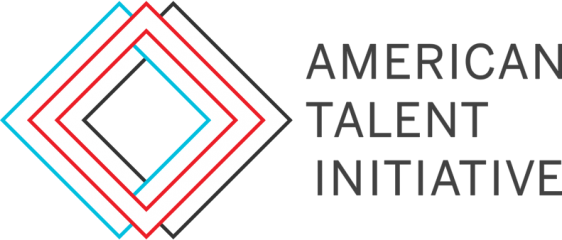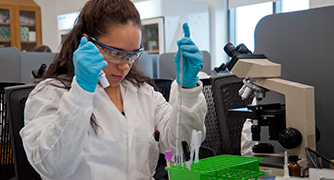In fall 2022, three ATI members each received a $7,250 honorarium to tackle research on key topics of academic equity with support from Bloomberg Philanthropies and the Gray Foundation.
Among them, Marist College focused on introductory gateway STEM courses, which we know pose significant barriers to student success. Pell-eligible students are particularly more likely to have higher D, F, withdrawal, or incomplete rates in these courses than their non-Pell peers. With its honoraria, Marist explored the impact of supplemental peer instruction on the success of Pell-eligible students in these courses.
Marist shows that supplemental peer instruction “is a promising means to improve student success in General Biology I for students who are Pell-eligible, first generation, and from underrepresented ethnicities.”

